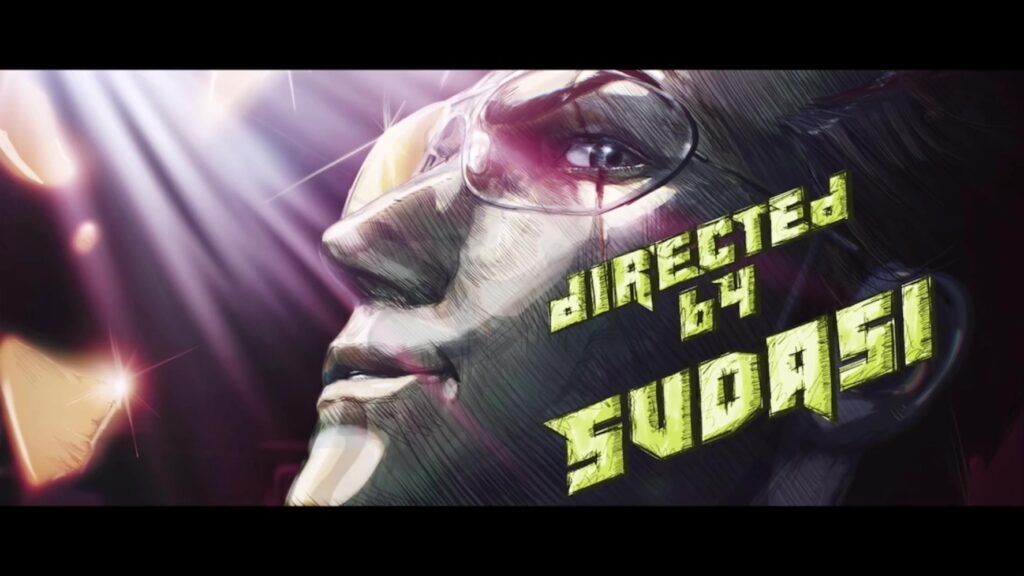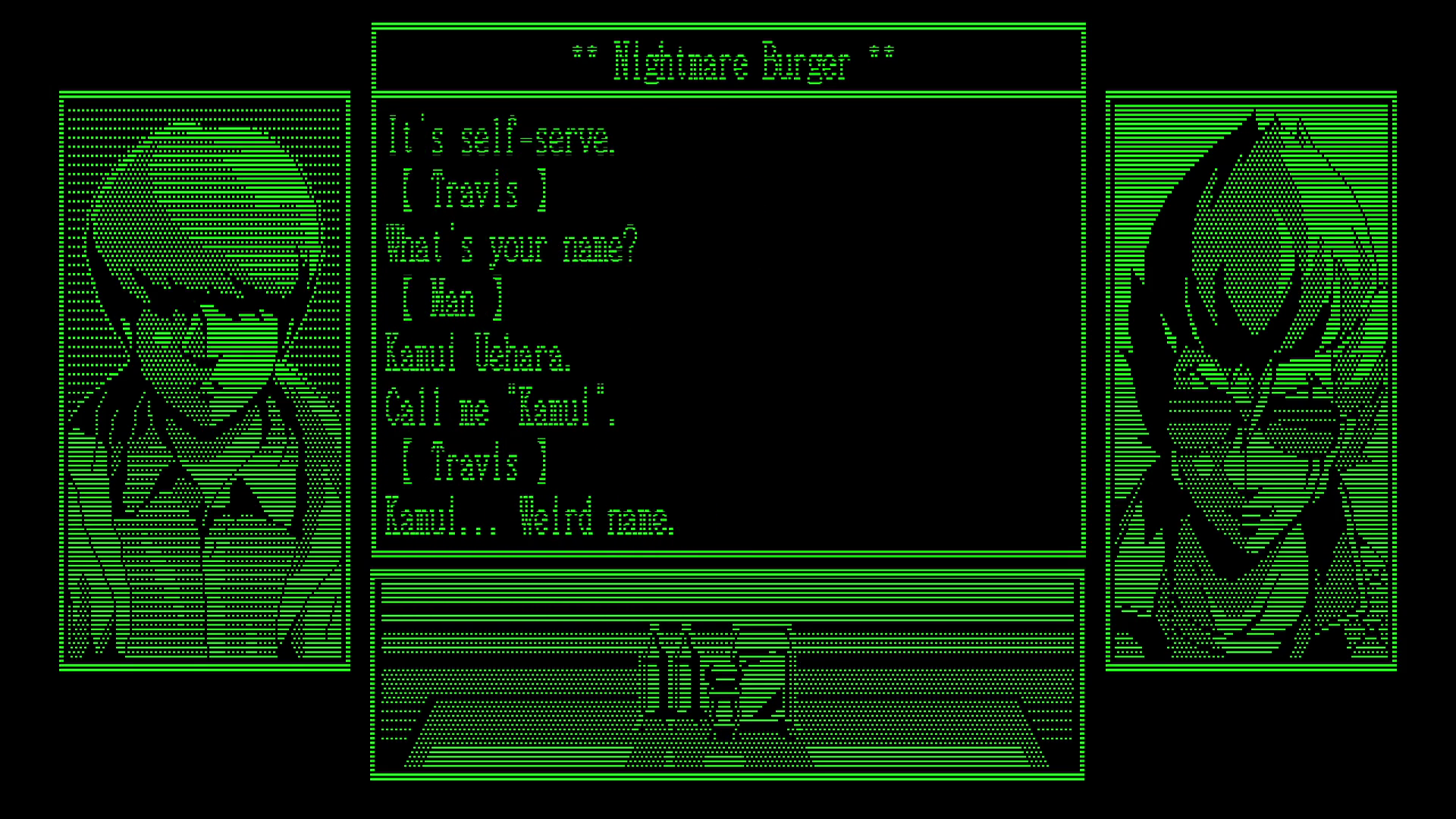Travis Strikes Again and No More Heroes III – A child at heart

In 2019, with Travis Strikes Again: No More Heroes, setting aside the remakes of The Silver Case and The 25th Ward, Suda Goichi and Ooka Masahi returned to writing a video game together for the first time since Samurai Champloo: Sidetracked, and Suda received his first solo directing credit since No More Heroes in 2007. Travis Strikes Again also honors the twentieth anniversary of Grasshopper Manufacture and The Silver Case. The result is a mishmash of characters, themes, and tropes from the more abstract, scary, political pre- and the more humorous, sexual, goofy post-No More Heroes Grasshopper Manufacture. Perhaps unsurprisingly, Uehara Kamui reappears as well. While most characters are relegated to brief cameos, Uehara is a prominent character in multiple chapters of “Travis Strikes Back: No More Heroes,” a comedic storyline that occurs between the hack-and-slash levels. Treating this fanservice with the same level of seriousness as the earlier Kill the Past series would be a mistake. But I’ll do it anyway.

In Travis Strikes Again, Travis Touchdown and Badman end up sucked into a series of video games on a failed, secretive console called the Death Drive Mk II primarily developed by Dr. Juvenile, Kurumizawa’s ex-girlfriend. Like a collector who wants to own all Virtual Boy titles, Travis seeks out additional Death Balls, game cartridges, in order to play the console’s entire library. Each Death Ball is another level, and “Travis Strikes Back” details Travis’s adventures finding these in the first place.
The Uehara Kamui in Travis Strikes Again is the Uehara from The 25th Ward but goes by “Angel of Absolute Zero,” a name attributed to Format Kamui on Kamui Net in “KamuiDrome” (many Kamuis). The first chapter of “Travis Strikes Back,” “Absolute Zero,” largely overlaps with the “Kill Aoyama and Akama simultaneously” ending of “black out,” though the timeline is even more impossible than usual (among other issues, Uehara seems to step directly from 2005 into, at the earliest, 2017). In this ending, for unclear reasons, Aoyama and Akama, members of a secret time-traveling organization, request that Uehara travel to the US to help Travis Touchdown. Because, as a video game protagonist, Uehara mindlessly obeys what others ask of him, he acquiesces. In “Absolute Zero,” men named Red Ribbon and Bruno San Marino tell Travis to rendezvous with “a Japanese guy” at a diner called Nightmare Burger. There, Travis and Uehara meet. For some reason, Uehara has the power to detect the locations of Death Balls, which he uses to help Travis in this and later chapters.
Recall the opening of this essay: “As well as his life, Kamui also loses his story, his voice, to the oligarchs who dehumanize him, stripping him of his name, background, and history. The onus falls on the player to give a voice to that face.” Uehara continues speaking for himself, and what does he finally have to say? “Well, actually. I wanted to tell you how amazing these burgers are.” Instead of a cold and alienating killer or inspirational ideal of youth, this Uehara displays a similar grungy humanity to Travis, whom he affectionally calls “Trav.” Only Jeane the cat never trusts him.